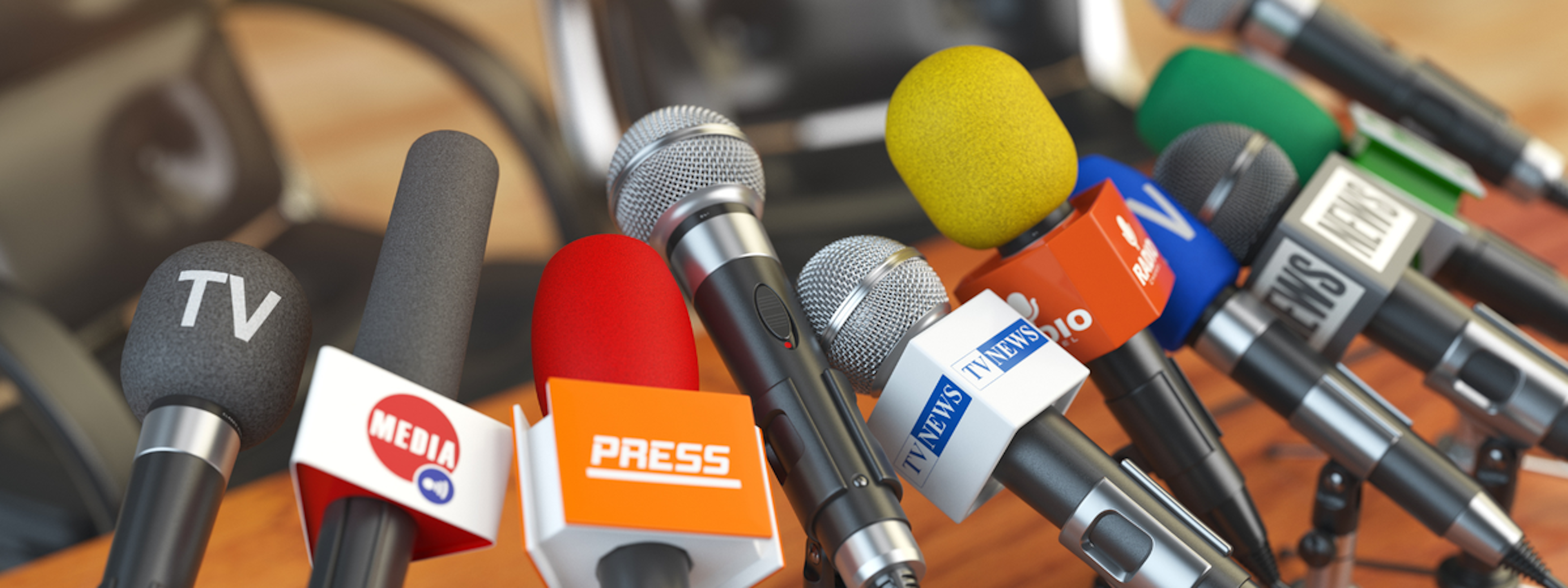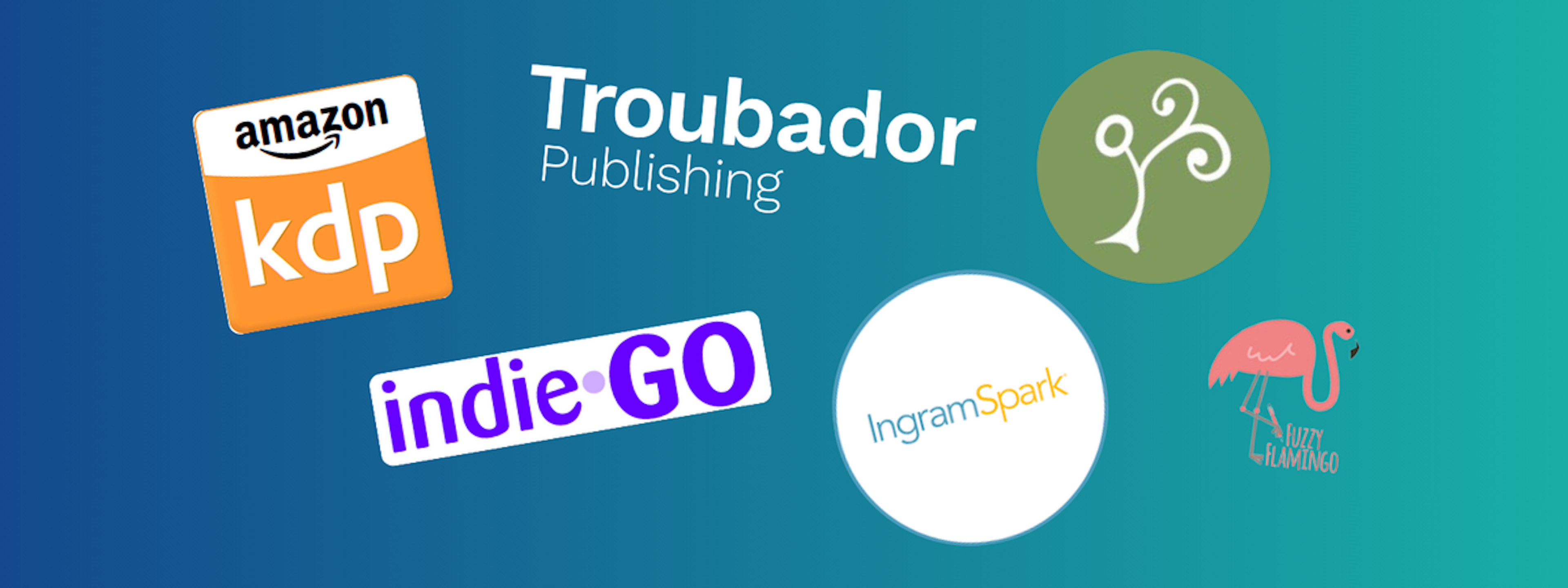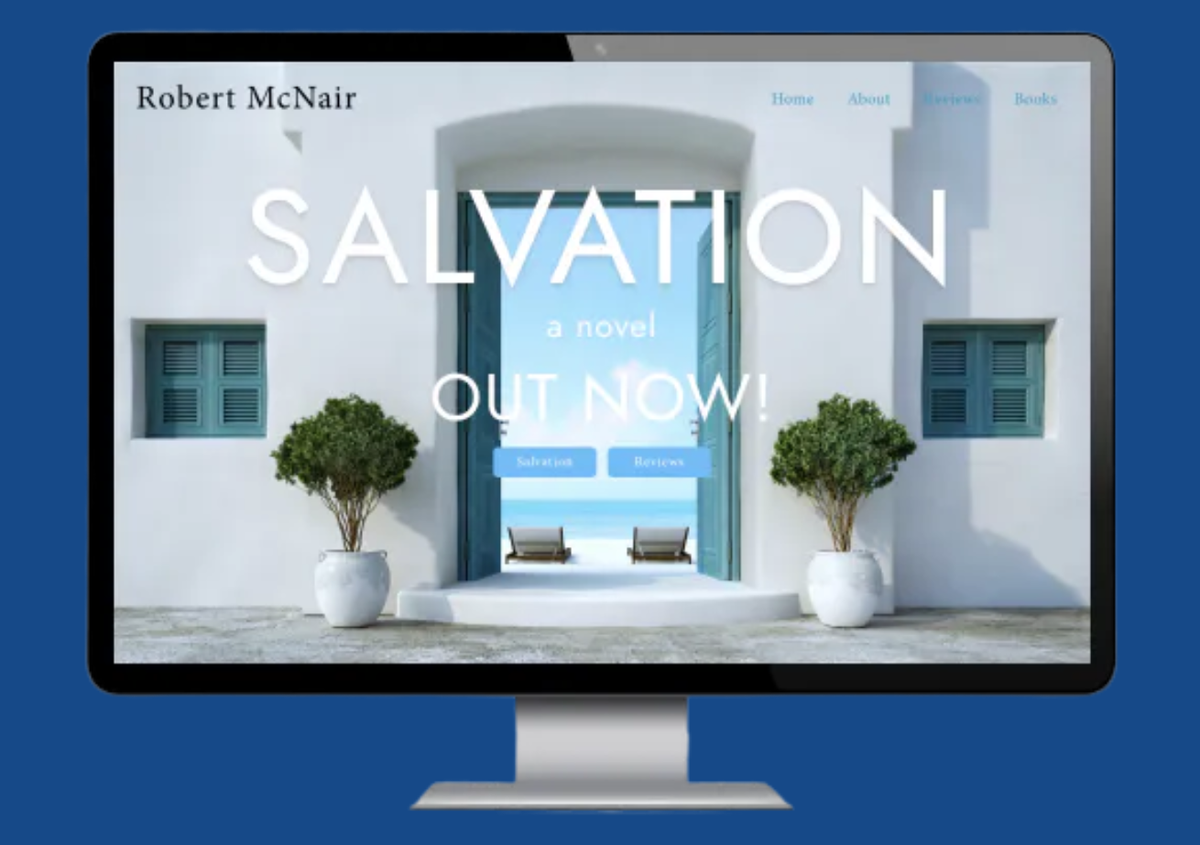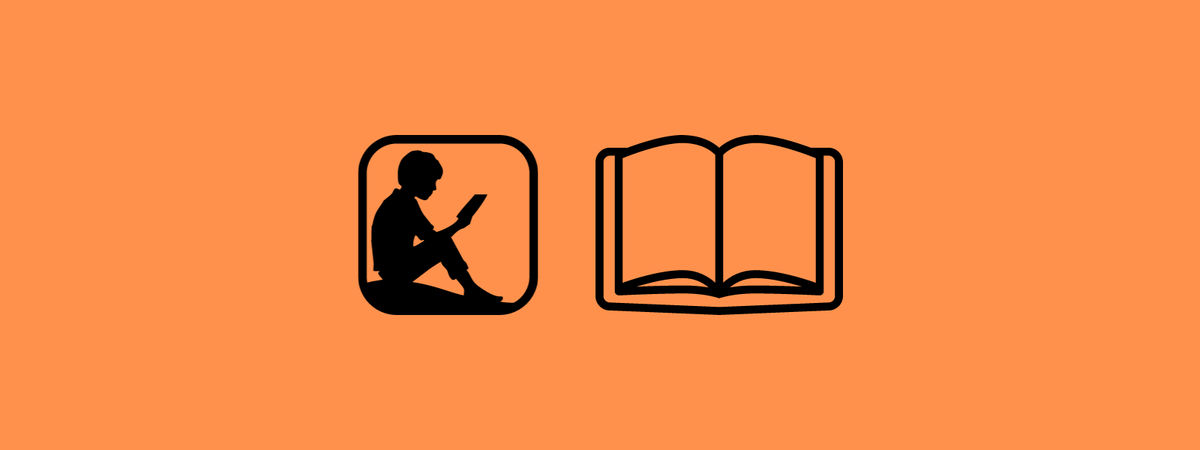
3rd April, 2024
7 min read
Making the Most of Media Interviews: A Comprehensive Guide for Authors
Written by:
Jane Rowland
A key part of an author’s marketing strategy will include securing media coverage, be that in the local, national or specialist media. Media interview opportunities exist across all formats: printed, radio, TV and now also digitally. But once you have secured the interest of a journalist you will need to maximise the promotional opportunity – and that means professionally presenting yourself and your book during that interview. Navigating media interviews for authors therefore requires preparation, effective communication skills and an understanding of the purpose of the media coverage you are seeking. Whether you're a debut novelist or an experienced writer, mastering the art of a media interview can boost your promotional efforts and sales. This in-depth guide explores everything you need to know when preparing for media interviews regardless of platform.
Why do Authors Seek Media Interviews?
The point of seeking media coverage as an author is to promote your book and sell more copies. Keep this firmly in mind when doing your interview preparation. To achieve this, what information do you need to impart during your media interview? Ideally, you want to:
- Entice listeners or readers with a succinct overview of the book/project that leaves them wanting to find out more. Don’t get bogged down in a complicated synopsis or superfluous detail – and certainly (if you are promoting a novel) give no spoilers!
- Make sure you tell people how they can buy the book – give out specific websites or bookshop names. If we read or see something that piques our interest, we want to act on that immediately and, in a world of instant gratification, you want to make sure the book is available and easy to buy (or at least available for pre-order as a minimum) at the time of your interview.
Different Platforms, Different Approaches to Author Media Interviews
While you undoubtedly consume different media every day, have you ever taken the time to consider the differing characteristics of each platform? Spending time thinking about this can help you shape your messaging for each media channel more effectively when you have interviews lined up.
- Radio interviews are conversational in style. As such, they suit a more relaxed approach, enabling you to connect to listeners via chat, stories and anecdotes on an emotional level. Radio stations can offer different types of interviews, depending on the programme and schedule… you might be asked to phone in from home or attend the studio in person. Interviews might be done live or pre-recorded. The most effective radio interviews are where the conversation flows and you sound natural, so resist the temptation to write notes and read from them, which can make you sound stilted. Instead, prepare your interview by practicing talking about your book aloud and keeping the main selling points at the front of your mind. It helps to listen to the radio station and presenter before you appear to get a sense of the style of the show, and what you can expect yourself. Often interview sections are short and, if you are nervous, the interview can pass in a blur – so preparation is key!
- TV interviews are rarer for debut and indie authors, especially when the main hook for the coverage is simply being an author. There is more chance of a TV interview if the book is related to a news story or there is a particular angle about you as a person which is deemed more newsworthy. TV interviews, like radio, can be live or recorded, and unlike radio, you will also be conscious of being watched as well as heard. There are a plethora of TV stations and styles, so again, make sure you are familiar with the programme that wants to interview you to get a sense of the style and format. Work on rehearsing your key messages and managing body language to enhance the impact of that message.
- Print interviews – newspapers, blogs, magazines or other digital forums all allow for in-depth exploration of topics and provide a great platform for authors to showcase their expertise and book(s). Magazine and newspaper interviews vary in format, ranging from feature articles and personal stories to Q&A sessions. You may have more control over the content and tone of some magazine interviews, especially if you can negotiate extracts or exclusives with a national publication. In radio and TV, the presenter’s skill lies in drawing out the best from the interviewee, whereas in print journalism the journalist is often retelling your story in their words. Make sure you’re familiar with the magazines and newspapers you’re being interviewed by so you know what kind of coverage this will result in, allowing you to present the story you tell more compellingly – especially if the journalist is writing up the piece in their own words afterwards. Always ask magazines and newspapers to print a ‘buy’ link when they print the interview, and make sure they have the correct name and spelling of the book, you, your publisher and website – it’s harder to get these corrected later once printed.
Preparation is Everything for Author Media Interviews
We’ve already touched upon the importance of preparation for your interview. The key to a successful media interviews lies in crafting a clear, concise message that resonates with your audience. Here's how to prepare effectively:
Practice your key message: What do you want and need to impart during the interview? To avoid wasted opportunities, remember to tell readers and listeners where they can buy the book and why they should buy it!
Understand the medium: Adapt your message to the platform. Know that different radio and TV stations, newspapers and magazines cover different audiences. Research the publications/stations that want to interview you so you can tailor your message to the relevant audience most effectively. For example, with local media, concentrate on your local links or any local connections covered in the book.
Prepare for potential pitfalls: Anticipate more difficult questions or topics that may arise during the interview. If a question takes you by surprise, it’s OK to pause to consider your response. Remain calm. Practice your key messaging, so you can redirect a question if the conversation gets off topic.
Polish your presentation skills: To get the message over clearly, it is not just what you say but how you say it that can make the difference:
- You might be nervous, but take a deep breath and remember to slow down. If you are doing a radio or TV interview you want people to be able to hear and understand you, so speak slowly and clearly.
- Practice active listening. Listen to what you are being asked in the interview and answer the question asked. Do not just deliver pre-rehearsed answers, help the conversation to flow. In most cases, there will be the chance to answer the question and go on to add the information you also want to impart.
- Making mistakes. We all make them when talking so don’t worry! If you have got muddled or said the wrong word. Simply stop, breathe and then restart the sentence again.
- Avoid too much umming and ahhing… practice speaking aloud before a radio or TV interview to avoid the unconscious nervous vocal habits we all have – don’t start every sentence with an ‘um’ for example! Being aware of our personal ‘vocal’ habits can help us tell the story more clearly and can stop you from cringing when you listen back afterwards!
- What is your body saying? If you are being filmed, maintain eye contact with the presenter and ignore the camera, do not look at the camera unless they ask you to. Be relaxed but minimize big gestures with your arms or body that will fall outside the frame.
- If you are being interviewed over the phone for a live broadcast, do not tune into the radio station at the same time. You will cause feedback on the line and make the audio quality horrendous. Find yourself a quiet space and leave the listening back until later.
Maximizing Any Media Interviews for Authors
You want to be able to leverage as much as you can from the media interview once you have secured one:
- In Advance… promote the interview: use your social media channels and website, if you have one, to share details of all upcoming interviews. Make sure you link to the channel and give the time of the interview.
- Gather content for your social media channels while attending or doing the interview – consider photos with the interviewer, pictures of you outside the media station, or prepping for the interview at home.
- Once the interview is done, post links to the ‘listen or watch again’ function or to the article when it is published online. Using links is the preferred way of managing this – be wary of breaking copyright by recording and posting clips or clippings, ask permission to do so first.
- Finally, see any engagement with media contacts as a wonderful networking opportunity. For further books, you will want to cultivate a relationship with your local journalists, so being an easygoing and impressive interviewee will help enormously next time!
Authors serious about making sales and growing their writing career will need to master media interviews. Hopefully, the tips given above will help you as you secure your interviews!
Most popular articles

Alex Thompson
The 6 Best Self-Publishing Companies in the UK 2024

Stephanie Carr
Unlocking the Power of Personal Branding: Why Author Websites Are Essential for Every Writer

Alex Thompson
What is Full-Service Self-Publishing & Why Should an Author Consider It?

Andrea Johnson
Kindle Direct Publishing (KDP) versus Troubador: What should an author know?

Jane Rowland

